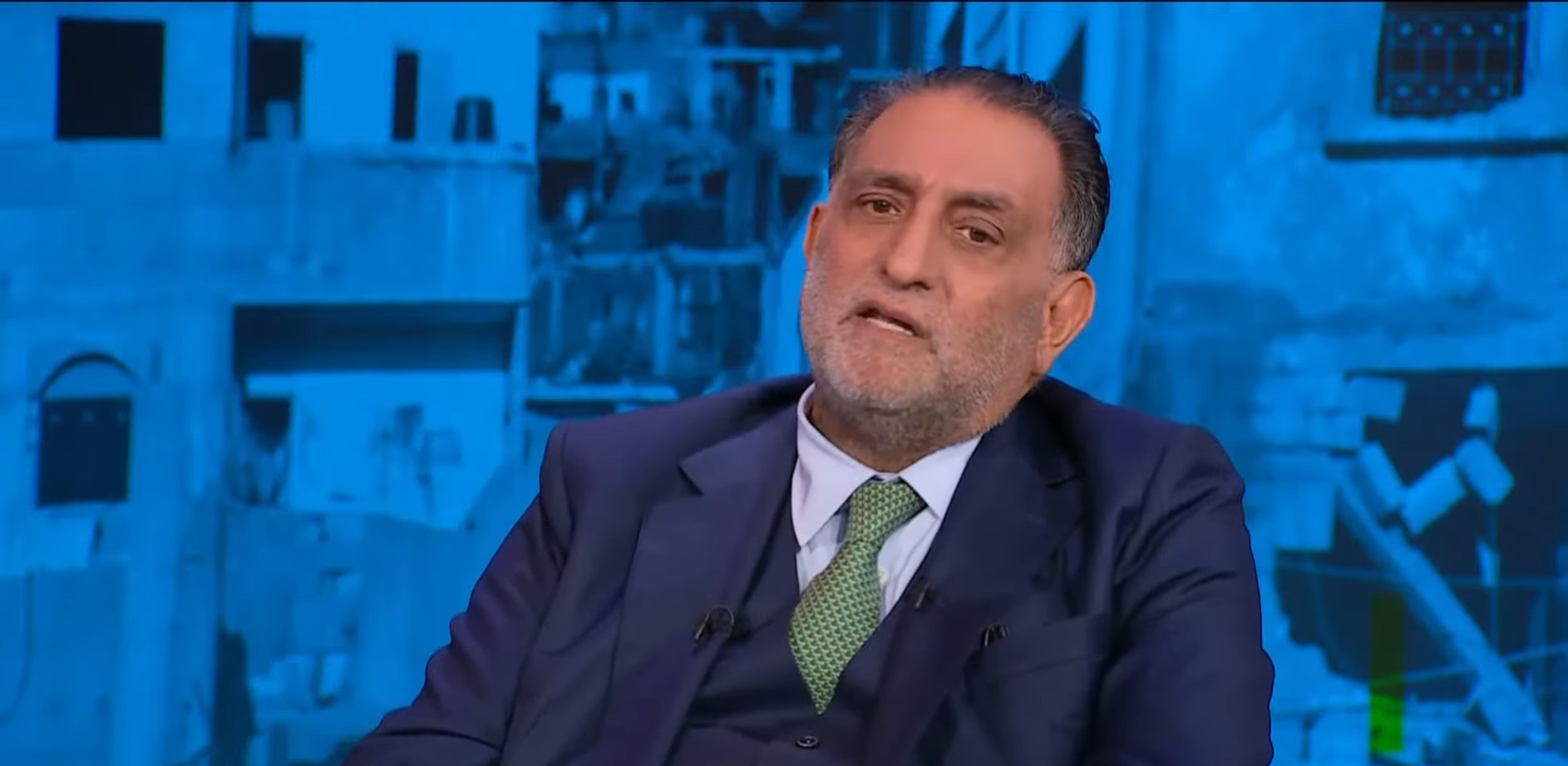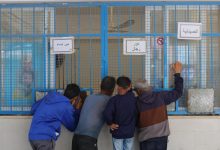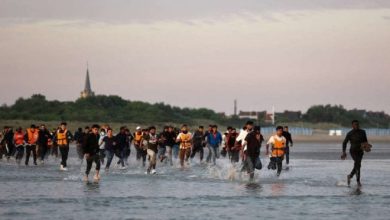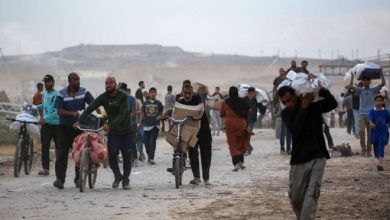Unveiling the Hidden Agendas of the Floating Port: Insights into Gaza’s Maritime Project

Watan-The well-known thinker and president of the Arab Center for Research and Policy Studies, Dr. Azmi Bishara, shed light on the American proposal to establish a temporary floating port on the shores of Gaza, speaking about three hidden goals behind it.
Azmi Bishara began his tweet on the X platform, on Tuesday, March 12, 2024, with a question asking: “What is the purpose of establishing the floating port on the Gaza shore?”
He talked about the assumed answer to this question, which claims that the port aims to “receive relief aid ships inspected by Israel for security reasons in Cyprus.”
3 hidden goals behind the floating port
Azmi Bishara commented on this by saying: “This is a correct answer, but it is very partial,” and continued: “It goes without saying that there is an urgent need for relief in terms of food and medicine, and those who are fortunate enough to receive it may get it, but they won’t be grateful or appreciative.”
He then provided a continuation of the answer regarding the mentioned goal according to Bishara, which is: “1. Finding an alternative to the Rafah crossing, which may be closed during an attack on Rafah. 2. Continuing the war of attrition without starvation.”
As for the third hidden goal, it lies in “3. Sending a message to the Palestinian people from the countries participating in the project proposed by Netanyahu (according to Yedioth Ahronoth newspaper) that they are not against them but against Hamas,” according to Bishara.
A False Western Message
According to Bishara, the third goal assumes that “civilians are not targeted,” but civilians (and civilian facilities) are indeed targeted, as confirmed by the Arab thinker.
Dr. Azmi Bishara explained: “I have previously explained the motives behind targeting civilians: revenge, teaching the Palestinian society a lesson, and displacement.”
He continued: “The countries vying to participate in the American-Israeli project, including the most enthusiastic Arab state, have not done anything, and are not currently doing anything, to stop targeting civilians who are supposed to receive food.”
ما الهدف من إنشاء الميناء العائم على شاطئء غزة؟ استقبال سفن المساعدات الإغاثية التي تفتشها إسرائيل أمنيا في قبرص. هذا جواب صحيح ولكنه مجتزأ جدا. من نافل القول أن الحاجة ملحة للإغاثة بالغذاء والدواء، وسوف يتلقاها من يسعفه الحظ بالوصول إليها، لكنه لن يكون شاكرًا أو ممتنًا. وثمة…
— عزمي بشارة (@AzmiBishara) March 12, 2024
The Arab thinker concluded his opinion on the floating port proposal in Gaza by saying: “Those who say this do not deny the good deed, but they do not see anything beautiful in waging war on such a great people, besieging them to the point of starvation, then throwing food to them and filming people from the air as they rush to get food and scatter when gunfire erupts, as if experiments were being conducted on besieged beings in a closed basin.”
Doubts about the Goals of the Gaza Maritime Port
The well-known Egyptian writer, Emad al-Din Hussein, warned in an article two days ago that the ultimate goal of the American project to deliver humanitarian aid to Palestinians by sea through the Gaza Port or the “floating maritime corridor” might turn into aiding in the voluntary or forced displacement of Palestinians.
“Hussein” pointed out in his article in “Al-Shorouk” newspaper, titled “Gaza Port… Gateway to Displacement?” that if Washington truly wanted to help Gaza, it would simply pressure Israel to stop the aggression, and thus the problem would be fundamentally resolved because aid has been piling up for months via the Egyptian side of the Rafah crossing, and it can be brought in from Israel through six shared crossings.
He added that he believes the idea of the maritime port aims to achieve several objectives, including attempting to minimize the Egyptian role and implying that America and Israel will deliver humanitarian aid away from Egypt.
Also, there is a possibility that America seeks to establish a permanent naval military base in cooperation with NATO to control and supervise the sector and eliminate any resistance movements in the future, and we recall that this idea was actually raised when discussing the “next day” scenarios in Gaza.
According to Emad al-Din Hussein, the greatest danger is the use of this port to pave the way for the displacement of Palestinians because when they are squeezed humanitarianly, starved, killed, and prevented from returning to their homes, some of them may not hesitate to leave for Cyprus, thinking they will return again.






